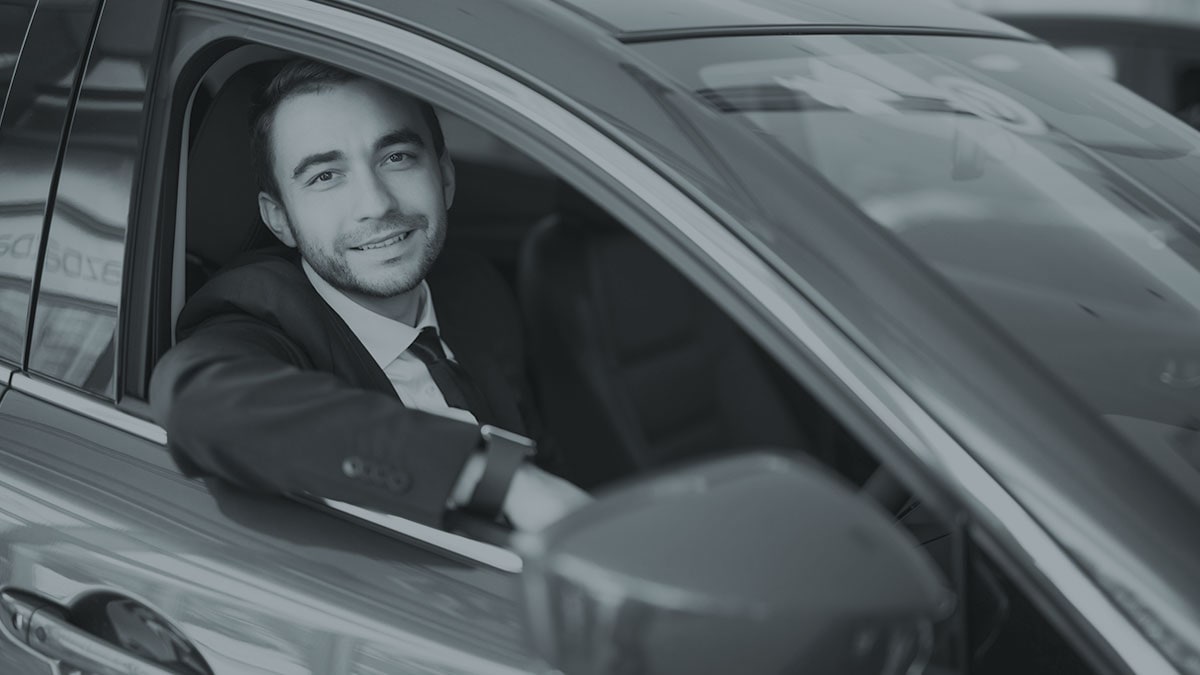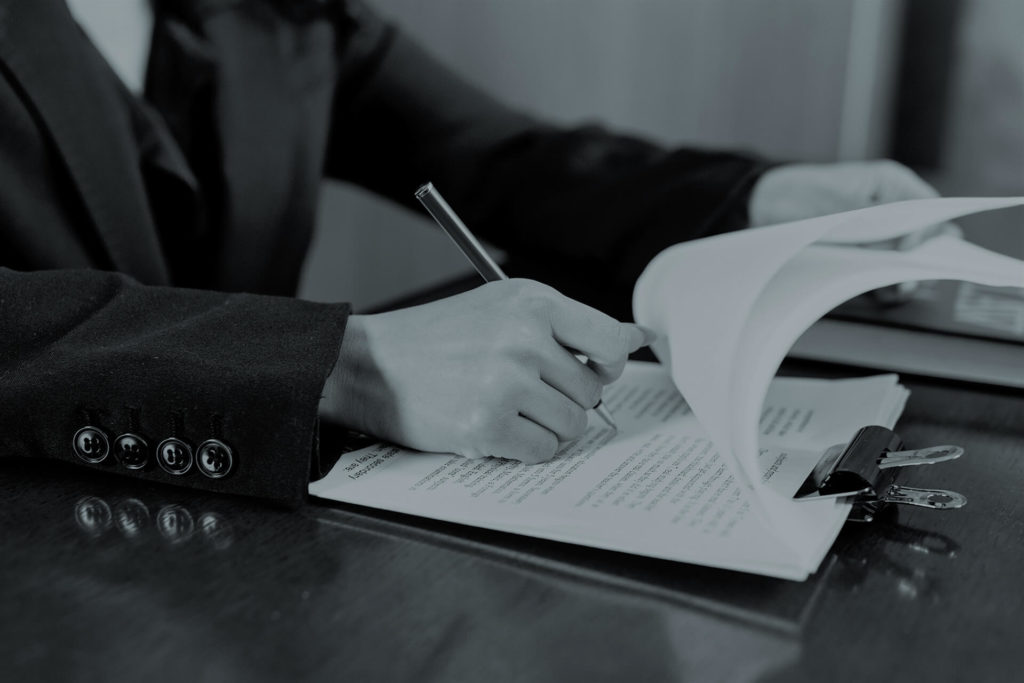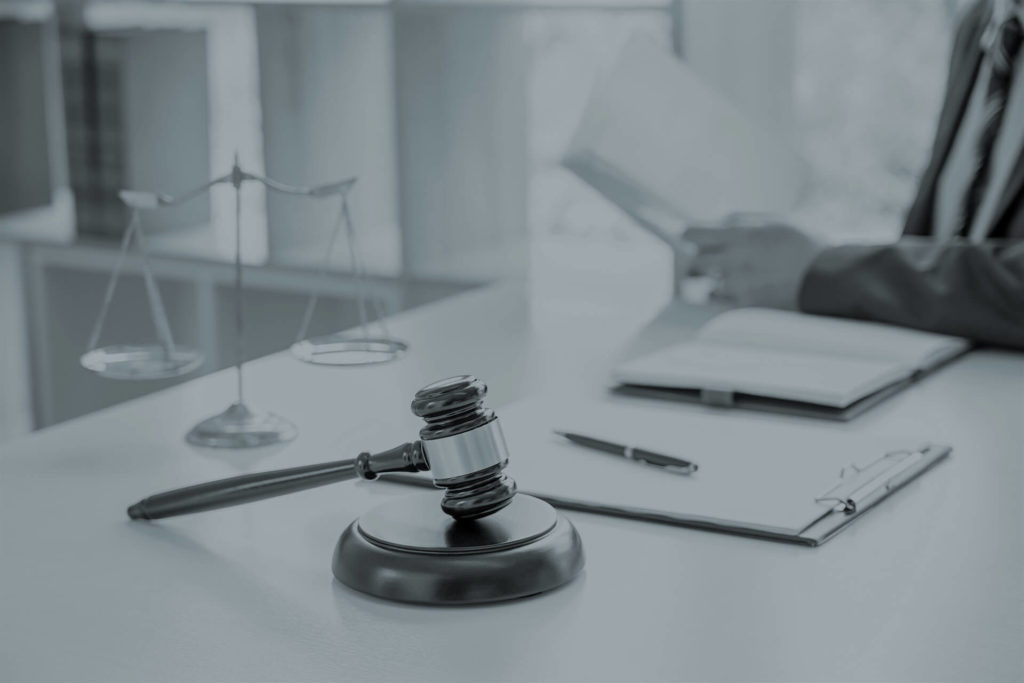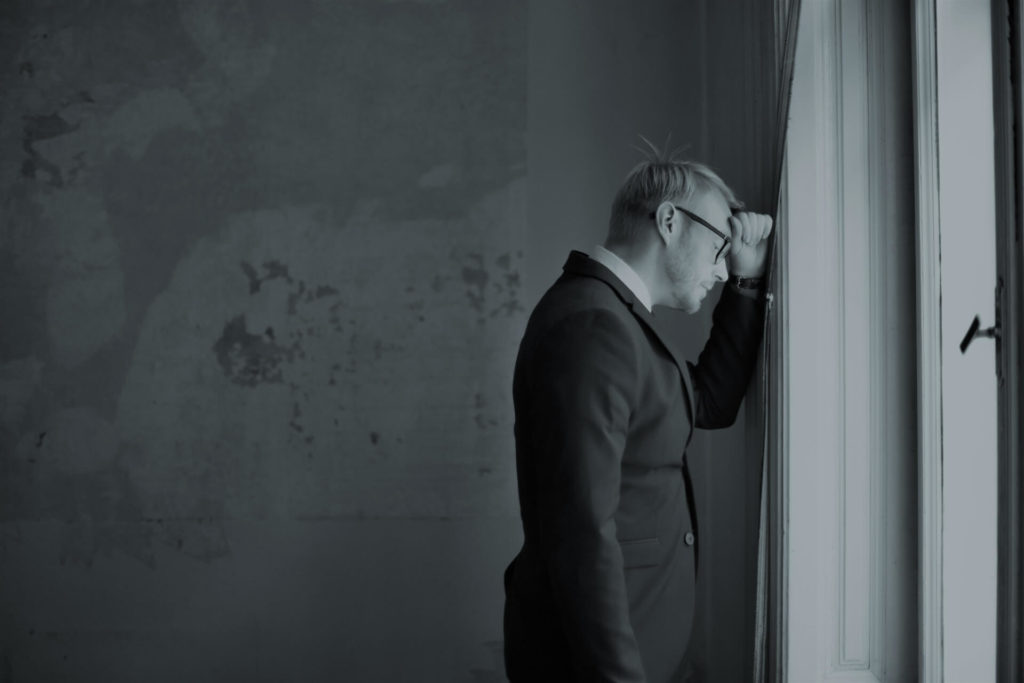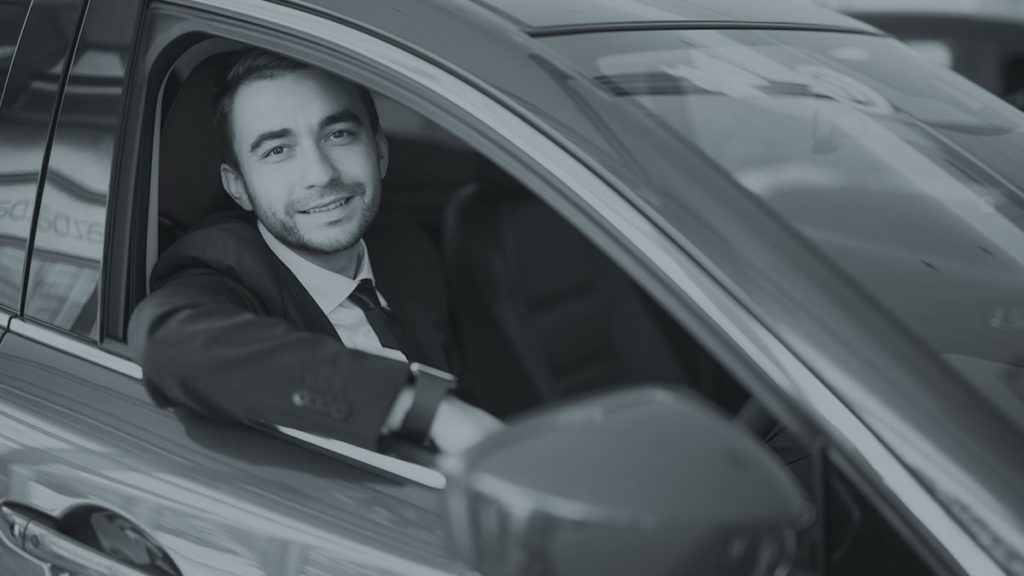Send your enquiry.
Contact us for a free, initial no obligation consultation.
"*" indicates required fields
Your information is safe and treated in accordance with our Privacy Policy
If you have been charged with drink driving, we highly recommend that you speak to a specialist drink driving solicitor from our team. It does not matter whether you intend to plead guilty or not guilty: you still need a solicitor to argue your case in court.
What are the penalties for drink driving?
Drink driving carries a mandatory 12-month ban and an unlimited fine. The fine is based on your weekly income. It will typically be between 100% and 150% of your net weekly income.
- You have already been convicted of drink driving in the past 10 years – in which case, the minimum disqualification is three years; or
- You were significantly over the limit – in which case, the minimum disqualification ranges from 12 months to 36 months, depending on the amount of alcohol in your system
The court does have the power to sentence a convicted drink driver to six months in prison. However, this is rare and usually only happens when there are aggravating factors – for example, someone was killed.
What are the hidden penalties of a drink driving conviction?
Understandably, no one wants to face such penalties. Being unable to drive for a minimum period of 12 months will really impact your independence, your ability to work, your family life and so many other things. Having to pay a fine is a financial burden.
Then there is all the reputational damage that comes with a drink driving charge. Some professions may find their career is negatively impacted, including teachers, lawyers and those who drive for a living.
A drink driving conviction is a criminal conviction. It stays on your record for 11 years and has to be declared, should you ever be asked if you have a criminal record. This can prevent you from travelling to certain countries and even from pursuing certain jobs.
Charged with drink driving – what should I do?
We have outlined all this not to frighten you, but to highlight how serious a drink driving conviction can be. It is a charge that should be taken very seriously. Lots of people are tempted to bury their heads under the sand, whether due to embarrassment or a blind hope that the problem will go away. Others assume that because they have never been in trouble with the law before, they will be treated more leniently by the courts. Some also feel like there is nothing they can do – they cannot argue with the breathalyser result, so surely there is no point in asking a solicitor for help?
Actually, none of this is true.
The thing about a drink driving charge is that:
- Drink driving charges affect all people from all walks of life
- Drink driving charges can be successfully defended
- Even if you plead guilty, it is possible to get the sentence reduced by presenting special reasons and/or mitigating circumstances
That is why you should instruct a drink driving defence solicitor to help you. You will not automatically be found guilty if your breath test reading is over the legal limit. Nor will the court automatically show leniency – you (or rather, your solicitor) has to persuade the magistrates to impose a reduced sentence. Most people do not have the legal knowledge or advocacy skills to do this themselves.
Do you need a solicitor for a drink driving charge?
You can represent yourself in court if you want to. There is no rule that says you have to have a solicitor for a drink driving charge. But it is highly recommended. Everyone is entitled to legal representation and a fair trial. If you have been charged with drink driving, then this is a decision you have to make. However, if you want to ensure the best possible outcome, then you should hire a specialist drink driving defence solicitor. This applies, regardless of whether you intend to plead guilty or not guilty.
What happens if I plead guilty to a drink driving charge?
It may come as a surprise that a solicitor can help you, even if you plead guilty.
What happens when you plead guilty to a drink driving charge is that there will be a hearing at the Magistrates’ Court. The magistrates will assess the evidence presented by the Crown Prosecution Service (CPS) and the mitigating circumstances put forward by you, as the defence. The magistrates will then decide on an appropriate penalty. There will not be a formal trial, because you have pleaded guilty. Rather, it is known as a sentencing hearing.
So, where does your solicitor come into all of this?
Well, your legal representative is there to ask the court to show leniency. Your solicitor will put forward the mitigating circumstances. This is anything that should persuade the court to impose a reduced sentence. In drink driving cases, mitigating circumstances might include:
- Genuine remorse
- An early guilty plea
- Co-operation with the police and authorities
- Evidence of rehabilitation, such as attending AA meetings or counselling
- A clean driver’s licence
- No previous convictions
- Good character references
The court will also be glad to see a defendant who takes steps to ensure the offending will not happen against. In particular, accepting the opportunity to attend a Drink Drive Rehabilitation Course will be viewed favourably.
Your solicitor will gather all this information together and argue your case in court. The court will not do this on your behalf – it will not necessarily enquire as to whether you are attending AA meetings, for example. Instead, you need a solicitor to specifically plea mitigation. The result is often a reduced sentence, and one that is considerably more lenient than might otherwise have been imposed.
What are special reasons for drink driving?
There may also have been a ‘special reason’ why you were drink driving. If so, your solicitor can bring this to the court’s attention. A special reason means that you are guilty of drink driving – and you plead guilty. However, there were extenuating circumstances that explain your guilt. In terms of drink driving, a special reason might be:
- It was an emergency
- You were fleeing from grave danger
- Your drink was spiked and you were not aware that you were over the limit
If you successfully plead special reasons, then your driving ban will either be reduced or removed altogether.
What happens if you plead not guilty?
If you plead not guilty to a drink driving offence, then a date will be set for a trial at the Magistrates’ Court. You can continue to drive until this date. Your solicitor will determine the best defence in your particular case, arguing your case in court. We have outlined the best drink driving defences in more detail below. Once the trial has concluded, the magistrates will decide if you are guilty or not guilty. If you are found not guilty, then you are free to go and can continue driving. If you are found guilty, you must serve your driving ban, after which you can reapply for your licence.
What are the best drink driving defences?
There are lots of ways to defend a drink driving charge. When people contact us for advice, they often think that theirs is an open and shut case. The assumption is that if the breath test showed they were over the limit, then they will automatically be found guilty. However, that is not necessarily true. Mistakes are made, cases are dismissed and you may be found innocent – or your case might not even end up in court at all.
When you instruct our drink driving solicitors, we will decide how best to proceed in your case. Some of the most common defences include:
1. Failure to disclose
The CPS has to disclose the evidence it intends to use against you. This must be done within 28 days of you entering a not guilty plea. The CPS often fails to meet this deadline. If so, the prosecution will have no evidence to present in court – inevitably meaning that you are acquitted.
2. Procedural errors
Police officers must follow strict procedures when carrying out-breath, blood and urine tests. If procedural errors have been made, then that evidence cannot be used against you. Once again, this means that the court cannot find you guilty. We can quickly identify if procedural errors have been made. If so, the case must be dismissed.
3. Inaccurate results
Breath test readings and blood sample results are not always accurate. It could be that the breath test machine had not been calibrated properly, or that your blood test was contaminated. Your medication may also have had an impact on the readings. We can analyse
the equipment that was used, and instruct toxicology experts, to confirm whether the results are unreliable.
If you drank alcohol after you finished driving, but before you took a test, then you have not done anything wrong. This is called the hip flask defence. It is a very effective defence, so long as the correct evidence is presented.
5. The legal test
If you are found to be drink driving or drunk in charge of a vehicle, then you must have been operating a vehicle in a public place. There are times when the police will make an arrest, but the defendant was actually on private property – such as on their own driveway. If the circumstances do not meet the legal test, then the case must be thrown out.
6. Driver identification
The police must be able to prove that you were the person operating the vehicle, or in charge of the vehicle. Such defences do not apply in cases where the police pulled you over at the roadside, and you were the only person present. However, if the police did not see you driving (and there is no other evidence to confirm their allegations) then the prosecution’s case must fail.
7. Consent
You must consent to giving a breath, blood or urine sample. If you actively refuse, then you may be charged with refusing to provide a sample. But if the police simply fail to ask for your consent, or warn you of the consequences of a refusal, then your case must be dismissed. This can be a complicated area of the law, especially where you were unconscious or incapacitated. Our solicitors know the law inside out and can identify whether mistakes were made.
8. Witness attendance in court
The prosecution must call witnesses in support of their case in court. This will usually be the police officers who were arrested you. If you have a blood sample taken, then the attending medical practitioner may also be asked to appear in court. If these witnesses are not summoned or fail to turn up, then the prosecution’s case may fail.
Can I avoid a driving ban for drink driving?
You will only avoid a driving ban if you are found not guilty by the court, or if special reasons apply and the court decides that you do not deserve a disqualification. Otherwise, a driving ban is mandatory. That is why it is always worth fighting a drink driving charge – you could just save your licence and get your drink driving case dropped.
Caught drink driving? Here’s what to do
If you are caught drink driving, then there is really only one thing that you need to do: contact our solicitors as soon as possible. You should do this at the earliest available opportunity, ideally well in advance of your first court hearing.
If the police wish to interview you, then you should contact a solicitor before the interview takes place. This is free under the Legal Aid scheme. You can speak to a duty solicitor, or you can contact a solicitor of your choice – such as the solicitors here at Ashmans. However, the police will not delay a breath, urine or blood test while you wait for legal representation to arrive. It is also unusual for them to interview you unless other people were injured or they suspect you of additional criminal offences.
Have you been caught drink driving? Contact our solicitors for legal advice. We are available 24 hours a day, 7 days a week. See our motoring defence fees page to find out more about our fixed fees.
Call us on 0333 009 6275. You can also email us at enquiries@ashmanssolicitors.com or complete our Online Enquiry Form and we will contact you.
